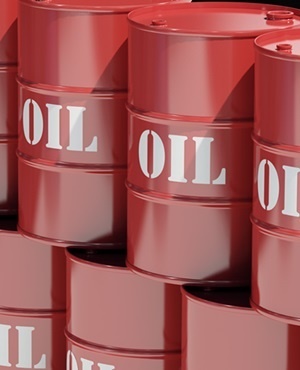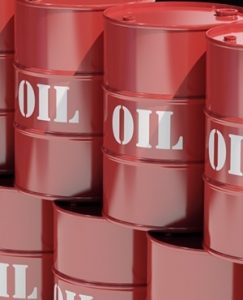
- By: News
- 0 comment
- Local economists believe South Africans can look forward to cheaper food, and lower debt payments, if low oil prices stay around.
- The oil price dropped by as much as 22% on Monday due to a falling out between oil-producing nations amid the global impact of the novel coronavirus.
- With fuel prices pushing down inflation, a range of things could become cheaper, including interest rates.
- For more stories, go to the Business Insider South Africa homepage.
Beyond a petrol price decline in April – now likely to happen – South Africans can also look forward to cheaper food, and smaller debt repayments, if the oil price remains at its current low levels, local economists believe.
The price of brent crude oil fell by as much as 22% on Monday to around $32 a barrel, the biggest fall since the day US forces launched airstrikes in Iraq in 1991.
By late Tuesday morning the price had recovered somewhat, to around $36 per barrel.
The plunge was predominantly due to a falling out between oil-producing nations, amid the economic impact of the coronavirus behind Covid-19.
This after Russia refused to cut its oil production in order to artificially support oil prices amid lower demand, which saw Saudi Arabia cut its crude oil price significantly.
On Tuesday morning, data from South Africa’s Central Energy Fund (CEF) showed that South African petrol prices can decline by as much as 78c a litre if current oil prices persist.
The petrol price will likely decline when it is set by the department of energy in April, despite taxes on fuel increasing by 25c, said Hugo Pienaar, chief economist at the Bureau for Economic Research at Stellenbosch University.
The lower oil price will be somewhat offset by a weaker rand, he said.
“A cheaper fuel price will likely leave already under pressure South African consumers with additional spending capacity which may marginally help the retail sector,” Pienaar told Business Insider South Africa.
As most of South Africa’s food is transported by road, prices should decline in the longer term.
“However, South African retailers are already under pressure from a weak consumer market, and therefore relied on food inflation to increase turnover. And as the fuel price negatively affects food inflation, it will lead to lower food inflation growth.”
If current oil prices stick around, inflation may fall below the South African Reserve Bank (Sarb) forecasts and target, which would help build the case for interest rate cuts, FNB Economist Matlhodi Matse said.
“However, if the Sarb feels that the current price movements are only transitory, they might just decide to look past them and focus on what they assess to be more fundamental forces that are expected to move oil prices going forward,” Matsei said.
The Reserve Bank’s internal calculations have already made provision for 50 basis points worths of cut to this year.
A lower interest rate will see South Africans pay less interest on their debt. But, the Reserve Bank last week warned that as the country borrows a lot, lower interest rates might reduce its access to money too.
The lower oil prices may also provide embattled power utility Eskom – which heavily relies on diesel generation to avoid loadshedding – with some relief, said Investec chief economist Annabel Bishop.
According to the CEF, the diesel price is set for a 90c price decline.
“Much will, however, depend on the performance of the rand for what ultimately transpires on the diesel price front,” Bishop told Business Insider SA.
https://www.businessinsider.co.za/heres-how-the-oil-price-crash-should-lower-the-price-of-your-food-and-debt-2020-3





